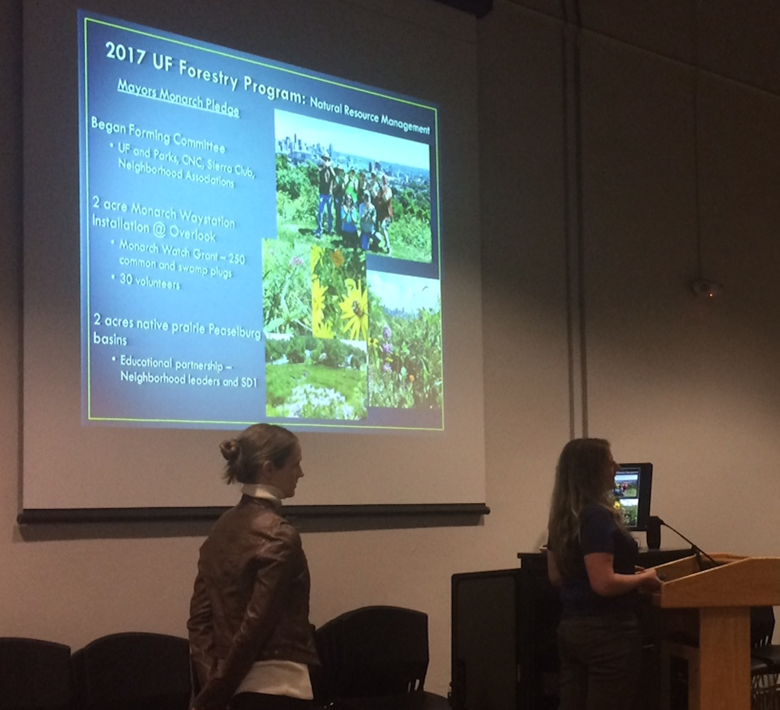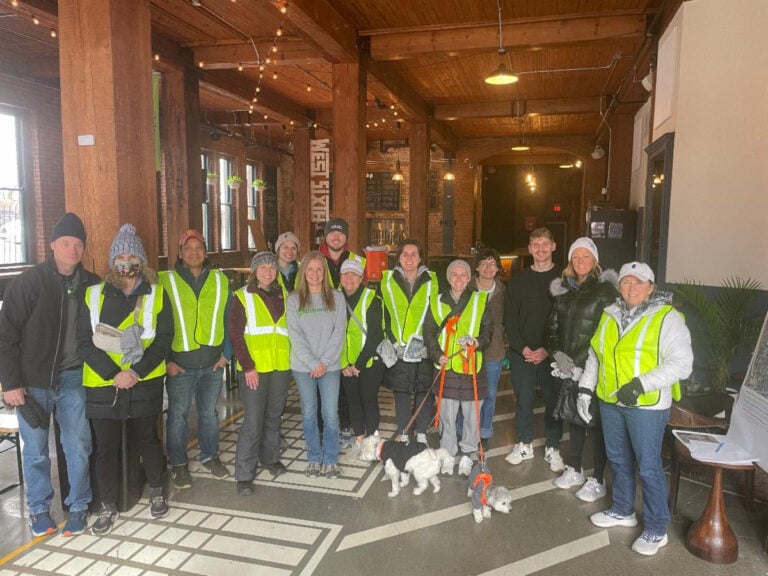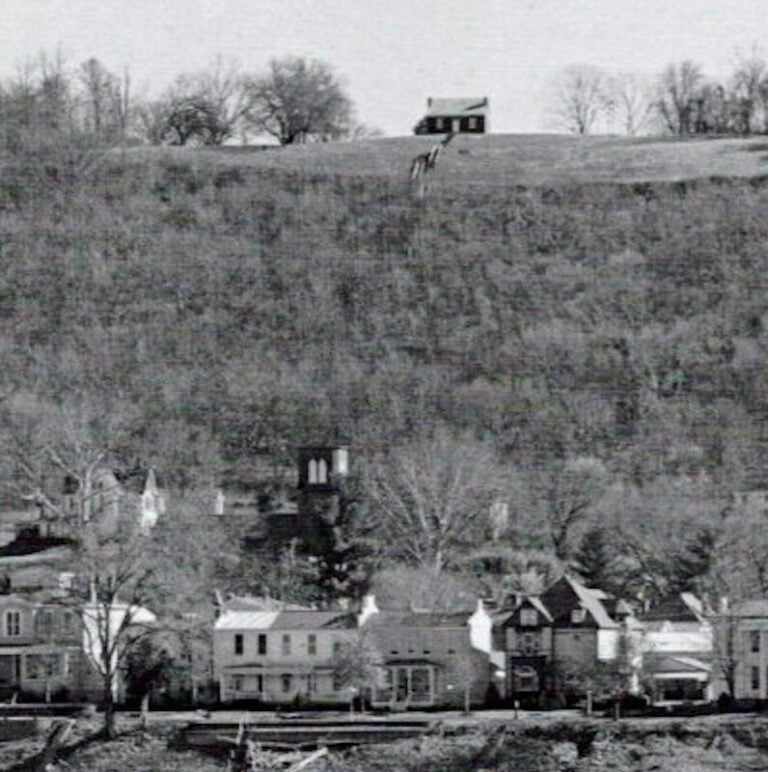By Ryan Clark
NKyTribune reporter
Last year, the city’s parking operations pumped $720,000 into Covington’s general fund.
A Parking Authority would have to generate at least that much money annually, City Manager David Johnston reported to commissioners at their caucus meeting Tuesday night.
It is, as he put it, a “non-negotiable.” It must be done.
But, after showing commissioners his Parking Authority Finance Model, he is convinced the authority would be able to generate the required amount.
“This model works,” he said.
After consulting with various experts across the state in the last few weeks, including the Covington Economic Development Authority, Johnston revealed his financial model, which – according to him – shows the authority can work and keep the general fund whole.

The second “non-negotiable” of the plan is that the general fund will not subsidize any losses. Instead, if those should occur, the money will be made up in TIF (tax increment financing) revenue.
The model describes how the authority would run the business of parking, including the use of facilities throughout the city, along with a new garage at Duveneck Square. The apartment complex, the public and surrounding businesses will rent out some of those spaces inside the garage.
And because of more use, the city anticipates more revenue. All of which, leaders hope, will enable more development. And that could result in even more use.
Et cetera.
Commissioner Jordan Huizenga wondered if the financial model should only be based on one year of revenue, but Johnston said his team was comfortable with the $720,000 figure as a comparison.
Discussion will continue next week when the topic is brought up again, and commissioners will vote to modify an ordinance to create the authority.
Part-time code positions approved
For weeks, the commissioners, the Mayor and the City Manager have been debating the best way to go about hiring new code enforcement workers. Some commissioners think it best to hire part-time to help and stop the bleeding in an overworked department, then gradually train those workers to transition into full-time employees.
Others think it best to hire full-time workers, who will bring a higher quality of work and will pay off more in the long run. Two full-time staffers, with benefits, could cost as much as $142,000 annually, Johnston reported.
Still, while the debates have occurred, the department continued to struggle.
Tuesday, it got some relief, as the commission heard a presentation from Johnston and decided to move forward to hire two part-time Code Enforcement staffers.
But no presentation can really change the opinions of the commissioners, and – as Mayor Joe Meyer said afterward – “this shows that none of us are satisfied.”
“Two part-time is better than none,” Johnston said.
The City Manager was prepared to ask for one full-time position along with the two part-time staffers, but he changed his recommendation based on the need for further legal advice regarding the re-hiring of city employees. It is uncertain whether former city employees who have been laid off can be re-hired for their positions under a new, lower pay scale.
Johnston said he would get advice on the matter.
But for now, the two part-time employees will help a strapped department.
“I don’t think two will be enough right now,” Commissioner Bill Wells said. He actually called for six new hires.
“I’m really frustrated,” Meyer said. He explained that part of the reason the debate has gone on for so long was due to the city waiting on a code enforcement analysis from the Arizona-based firm Municipal Solutions.
Meyer put it simply, stating that full-time employees “make higher quality work for better public service.”
Also Tuesday:
– Commissioners decided they would hear a presentation, possibly next week, on the state audit report, which is due to be completed by Friday.
– Commissioners heard from the Urban Forestry Annual Report, which explained how the department: used a $5,000 grant to plant 42 trees on Make A Difference Day, planted 10 fruit trees and six shade trees in the Urban Orchard of Randolph Park, pruned more than 1,200 trees and developed a planting plan for each neighborhood in the city.
Next week, the commission will hear second readings to:
– Amend an ordinance to create a Motor Vehicle Parking Authority.
– Approve ordinance revisions made by the city’s ethics committee, which includes Mayor Meyer, Commissioner Huizenga and Commissioner Tim Downing.
The next Covington Commission meeting will be a legislative meeting held at 6 p.m., January 30 at the Covington City Hall at 20 West Pike St.

















